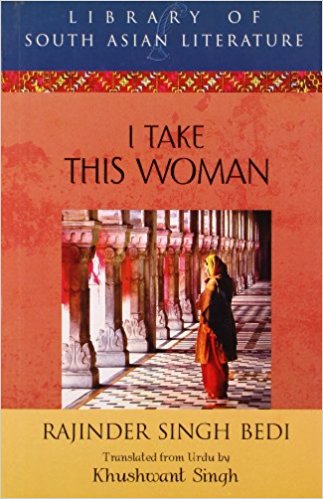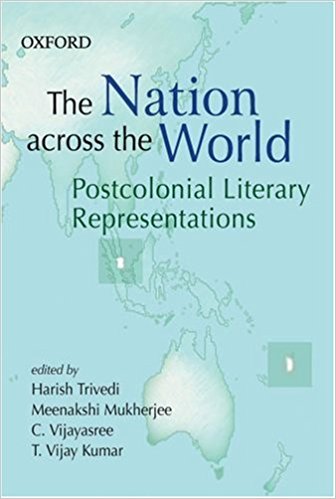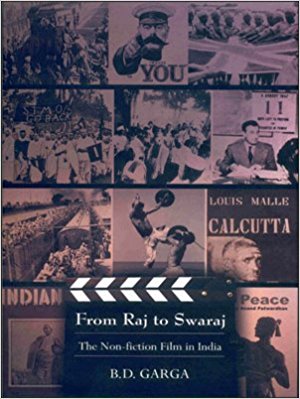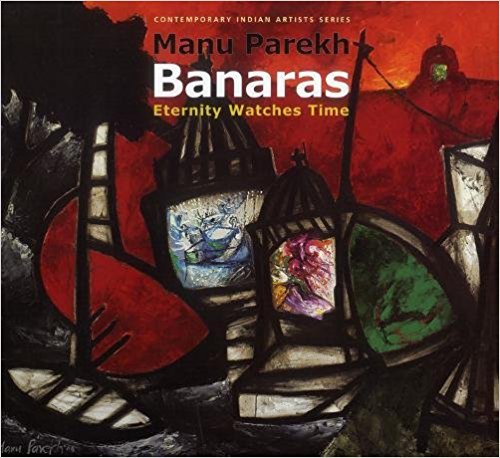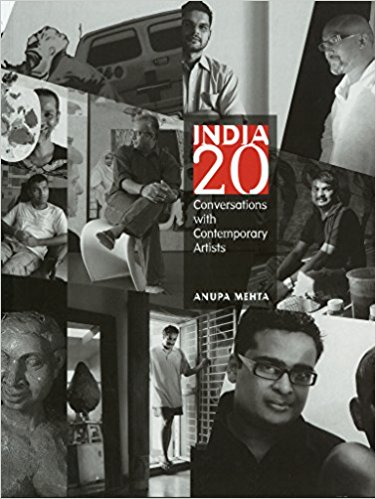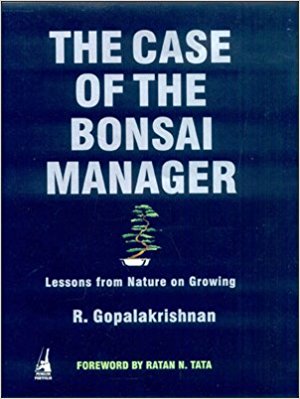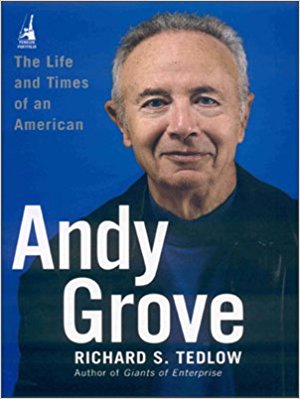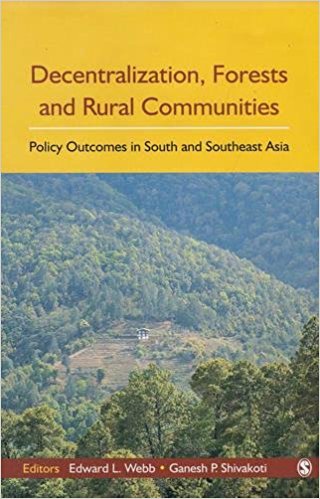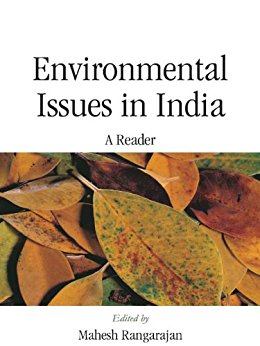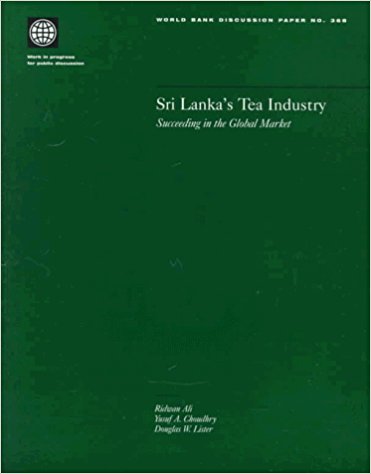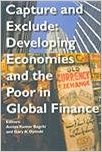This book is a collection of 25 short stories written by their grandchildren about their Indian grandmothers who were born around 1900. The stories are written based on the memories that these grandchildren had about their grandmothers and what they had heard about them from other members of the family.
Archives
June 2008 . VOLUME 32, NUMBER 6Rajinder Singh Bedi is a renowned writer, this story of his has won him the coveted Sahitya Akademi Award as well as been filmed. The translation is done by another eminent writer Khushwant Singh.
Hartley House, Calcutta is one of the earliest British novels of India and its depiction of expariate life during the early years of colonial presence in India is all the more remarkable for having been written by someone who had, possibly, never set foot in the country.
As a ‘text’ Meera has undergone continuous mutation with time; she has virtually been rendered into a discursive palimpsest. The exigencies of nationalism—the need of legitimacy, authenticity and a consequent search for native nationalistic roots—necessitated the appropriation of Meera as an icon of/for secular/spiritual India; she became an integral sub-text of passive, semi-spiritualized struggle against the colonialists.
Just when one had thought that the magic of the nation state was beginning to be superseded, in Indian academia, by the glamour and increasing relevance of empire in the new millennium—following not only from Hardt and Negri’s Empire (2000) or Nicholas Dirks’s Scandal of Empire (2004),
One may have heard most of it before, even seen most of it before, but this attempt to track the highlights of the non-fiction film in India is very valuable—both as a record of developments that have taken place as well as the future of the genre in the time of television.
Banaras, one of the most sacred pilgrimage centres is considered among the seven holy cities since ancient time. It houses one of the twelve jyotirlinga sites and is also a shaktipithasthana.
This book cannot readily be judged by its cover for the title of the book suggests an epic sweep through the arts of India using a dialogic mode.
Good managers are those who acquire skills on their own initiative. They don’t wait for someone at the workplace to teach them. And if they have this propensity to learn on their own, they can survive in any situation they find themselves in without losing time or skill.
The catchy ad ‘Intel Inside’ on computers used to evoke curiosity in users about the meaning it sought to convey. The man behind making Intel is captured ‘inside’ this book written by Richard S. Tedlow.
In the recent years forests are being increasingly seen closely linked to the livelihood of the rural people. Giving rights to poor villagers in forests is seen as essential to remove their poverty.
Over the past thirty years, in the various university departments teaching environmental sciences or related issues in India, somehow, there has been a steady loss of value. The best, most forward looking and most famous environmental scientists of the country have not arisen from backgrounds in environmental sciences, but from basic studies in the pure sciences.
The period between 1750 and 1950 witnessed an unparalleled development in human history. A small horde of invaders from a promontory of the Eurasian continent subjugated and systematically de-humanized the vast majority of mankind.
This publication was brought out to mark the 50th Anniversary of the Development Finance Corporation of Ceylon (DFCC) and is published by the World Bank. Naoko Ishii, the current World Bank Country Director in Sri Lanka, in her Foreword to the publication states: ‘In much of the world,
One of the challenges that seemed to have prompted Widmalm—a university teacher, to engage in this study was that the ‘intellectual climate in the field of development studies is in a rather poor condition in many Universities’. He also explains how he came upon the seemingly intriguing subject of his study:
This is a breathtaking, densely packed collection of essays on global finance that has as its core the themes of exclusion and fragility.
As India made its transition from colony to an independent nation, Nehru made the transition too from being a ‘rebel’ to a ‘statesman’. The two transitions were indeed connected.


